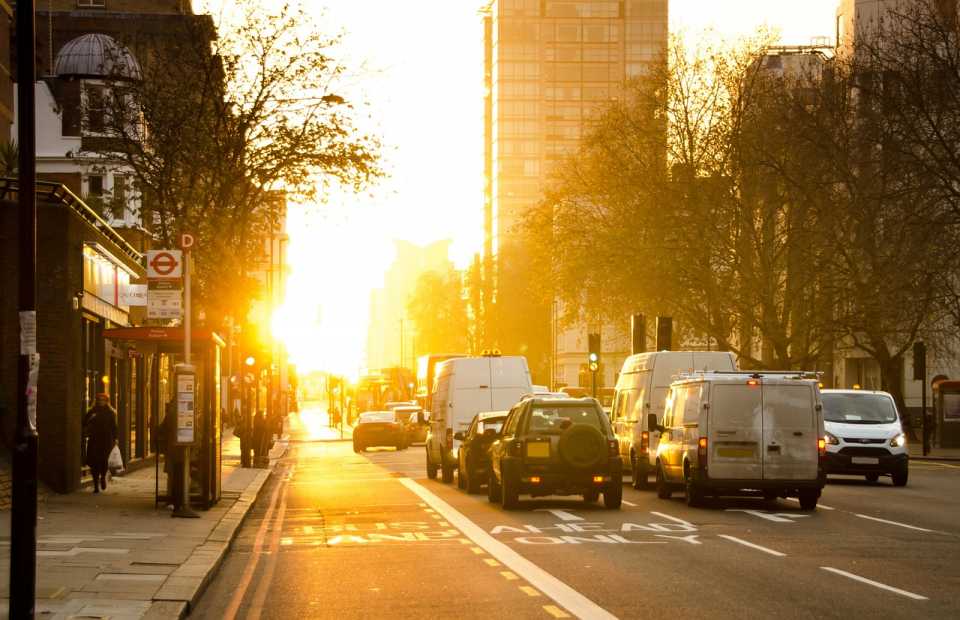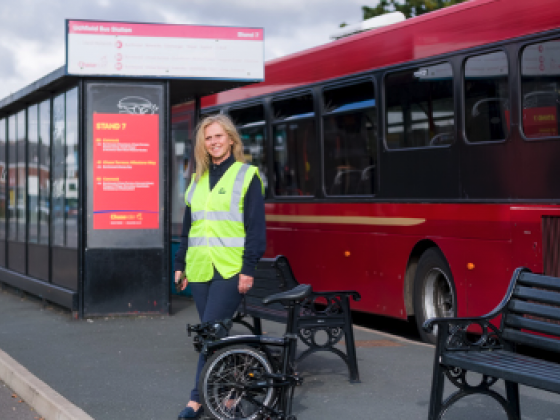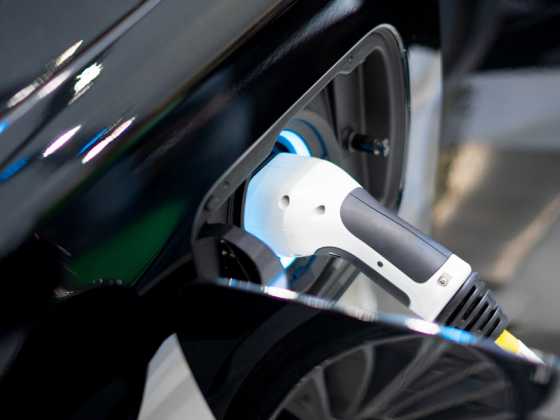Logistics UK calls for ULEZ mitigations for van operators

Logistics UK has reiterated its call for mitigations to be made in relation to the expansion of the London Ultra Low Emission Zone (ULEZ) following new figures from Auto Trader showing that van operators will struggle to buy suitably compliant vehicles in time for its introduction on 29 August 2023.
Denise Beedell, Senior Policy Manager at Logistics UK comments: “Recent challenges such as the COVID-19 pandemic and the war in Ukraine have impacted the automotive supply chain, including the supply of semi-conductors which are vital components in all vehicles. As a result, new van registrations in 2022 were at their lowest level since 2013 and, as more clean air zones have been introduced around the country, the demand for Euro 6 vehicles has only intensified.
“Businesses that rely on second hand vehicles, such as SMEs, have only limited options for purchasing a Euro-6 vehicle, and delays on the delivery of electric vehicles are also preventing operators from switching their fleets at this point. As a result, in July 2022 Logistics UK called on TfL to introduce mitigations to allow those who can demonstrate that they have ordered – or plan to order – a new or replacement compliant vehicle, to remain exempt from additional charges should they not receive their vehicle delivery in time for the proposed ULEZ expansion start date.
“Logistics UK is today reiterating these calls to ensure operators are not disproportionately impacted by vehicle production delays once the expansion is in place. Van operators are at the heart of the capital’s economy, delivering all that businesses and homes require but have been impacted by significant rises to inflation and other operating costs. Logistics UK members are fully committed to supporting the Mayor of London’s aims to improve air quality in the capital with operators of goods vehicles over 3.5 tonnes meeting tougher emissions standards since the London-wide Low Emission Zone requirements were tightened in March 2021. However, with a lack of readily available alternatives, further daily charges will divert funds that could otherwise be invested in reducing emissions and decarbonising operations.”



